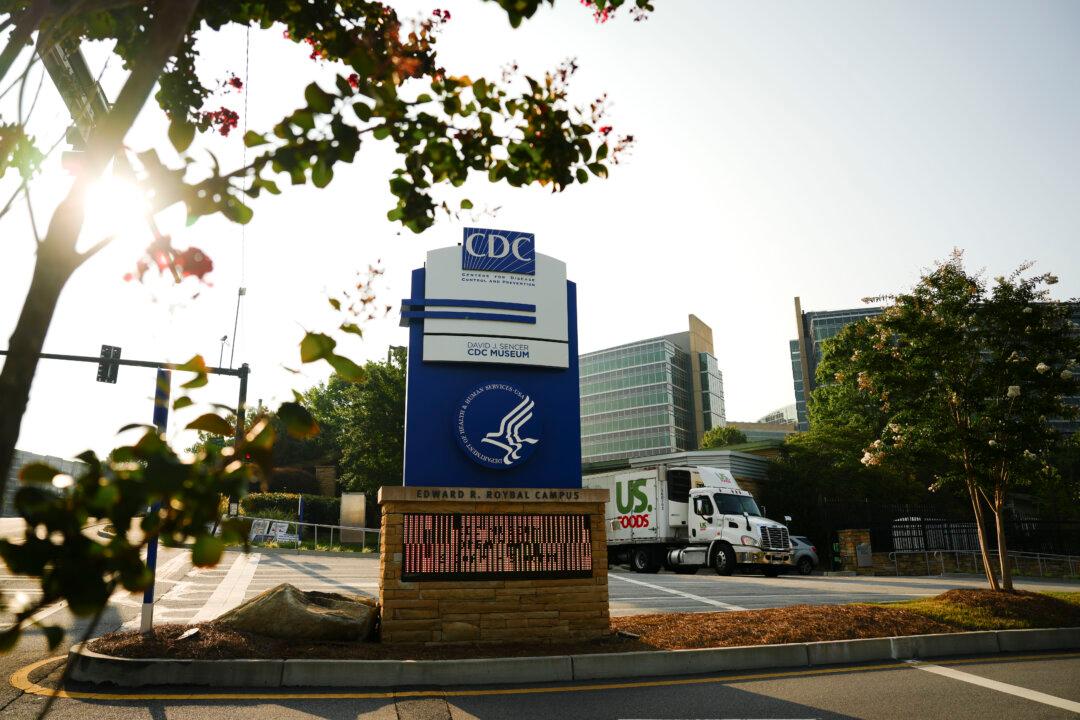Food and Drug Administration (FDA) employees are examining multiple potential safety signals for vaccines, its top vaccine official said on June 10.
Safety signals are data points that indicate possible problems related to vaccination. The specific vaccines and signals were not identified.
The analyses include observational research using electronic health records.
“When we find these safety signals—if and when we do—if they are sufficient to warrant regulatory action, it will be incredibly swift,” Prasad said.
Improving Systems
Dr. Marty Makary, the FDA’s commissioner, said in the new video that the FDA is trying to improve its adverse event reporting systems, including reducing the amount of information one has to enter to log a report.“These adverse event reporting databases are not very good,” he said. “They can give us a signal to look at with a more proper methodological study in big data. But we can make zero inferences about rates, and so we need to do better.”
Issues with the systems include that some of the reported events are not related to vaccination, Prasad said. Additionally, events related to vaccination are sometimes not reported, he said.
The Department of Health and Human Services, the parent agency of the FDA and CDC, has said that the existing vaccine safety systems are broken and that it is building new systems.
Makary said that using other sources, such as electronic health records, can help officials assess possible issues.
“We can start by say going back over the last year all FDA-approved products ... then you can understand how they’re working in the real world,” he said. “You can develop synthetic controls. You can ask whether or not a drug we approve on surrogate endpoints also is associated with increased overall survival, whatever question you want to ask, and so that is powerful.”
Doctor Weighs In
Dr. Joel Wallskog, co-chairman of React19, a nonprofit dedicated to offering support for people who experienced side effects after COVID-19 vaccination, told The Epoch Times via email that he was pleasantly surprised by the comments from the top FDA officials given that he sees VAERS as a system that is “fraught with weaknesses,” including a lack of clear mandatory reporting for health care providers and a lack of full processing of some reports.Some of those reports had been deleted, according to the nonprofit.
“We demanded the FDA in the past perform an independent audit of VAERS,” Wallskog said. “We never received a response to this request.”
Wallskog said that the “radical transparency” promised by Kennedy should include the release of data about COVID-19 vaccines.
“Vaccine hesitancy, and frankly health care hesitancy, will continue to grow without these honest discussions with the American public,” he said.





